Pennsylvania has ushered in a significant expansion to its Property Tax/Rent Rebate Program in 2025, delivering critical financial relief to seniors, low-income families, widows, widowers, and individuals with disabilities. With ever-rising housing and living costs, this boost is providing a much-needed lifeline to hundreds of thousands of Pennsylvanians, making it one of the state’s most generous social supports in recent years.
Introduction to the Property Tax/Rent Rebate Program
The Property Tax/Rent Rebate Program is a state-funded initiative under the Pennsylvania Department of Revenue, primarily supported by proceeds from the Pennsylvania Lottery and gaming. The program was first established in 1971 and has a long history of helping Pennsylvania’s most vulnerable homeowners and renters. Its latest expansion in 2024 has made 2025 a milestone year, pushing the reach and impact higher than ever before.
Who Benefits?
-
Seniors age 65 and older
-
Widows and widowers age 50 and above
-
People with permanent disabilities, age 18 and above
-
Households with annual income at or below $46,520
Half of Social Security income is excluded when calculating eligibility, ensuring more households can qualify for relief.
Program Expansion in 2025: Bigger Benefits, Broader Reach
Thanks to recent legislative changes and advocacy, income and rebate thresholds have risen. More families in Pennsylvania are now eligible, and the actual cash support has grown substantially.
Payment Breakdown by Income
| Annual Income | Rebate Amount |
|---|---|
| $0 – $8,270 | $1,000 |
| $8,271 – $15,510 | $770 |
| $15,511 – $18,610 | $460 |
| $18,611 – $46,520 | $380 |
Both homeowners and renters receive the same rebate amounts within these income brackets. For those from major cities such as Philadelphia, Scranton, and Pittsburgh, supplemental rebates can increase relief from $190 to $500 more, depending on individual property tax burdens.
Supplemental Rebates
Applicants with incomes under $31,010, whose property taxes exceed 15% of total income or who live in qualifying cities, may automatically receive supplemental rebates. Maximum relief can reach $1,500 for the neediest applicants.
Application Essentials for 2025
Pennsylvanians may apply online, by mail, or in person. Free assistance and hundreds of support locations are available across the state.
-
Applications are open for taxes or rent paid in 2024, with a deadline of December 31, 2025.
-
Payments begin distribution from July 1, 2025.
-
Rebates are issued via direct deposit or check, depending on applicant preference.
Applicants must:
-
Verify age with a birth certificate, driver’s license, or Medicare card.
-
Provide proof of income.
-
Show documented property taxes or rent paid (tax bills, rent certificates, etc.).
Key Facts and Figures for 2025
How Many Benefit?
-
In the July 2025 distribution, around 425,000 rebates are being sent out, totaling $258 million.
-
Last year’s numbers show over 522,000 rebates distributed, exceeding $319 million—a record amount for the program.
-
The 2024 expansion led to almost 150,000 first-time filers receiving help for the very first time.
Program Impact Since Inception
-
Since 1971, more than $8.6 billion in property tax and rent relief has been issued to older and disabled Pennsylvanians.
-
In 2025 alone, the boost means the highest ever one-time rebate, up to $1,000 per eligible individual.
Who Qualifies?
Eligibility includes Pennsylvania residents who:
-
Are 65 or older
-
Are widows or widowers aged 50 and above
-
Are 18 or older and permanently disabled
-
Have household income under $46,520 per year
Half of Social Security, Supplemental Security Income, and Railroad Retirement Tier 1 benefits are excluded from income calculation.
Why the Program Matters: Addressing Housing Affordability
Pennsylvania’s aging population faces mounting housing and rental costs, frequently outpacing Social Security and pension increases. For low-income households, even small increases in property taxes or rent can threaten their financial stability.
The rebate program directly buffers these pressures, helping prevent eviction, foreclosure, and displacement. By raising the income limit, many residents no longer lose benefits due to modest Social Security increases—protecting continuity of support.
How to Apply: Step-by-Step Guide
-
Gather required documents: proof of age, income verification, property tax bill or rent certificate.
-
Access the application online, by mail, or at a state assistance center.
-
Submit the PA-1000 application form.
-
Track your rebate status using the Department of Revenue’s online tools or help lines.
-
Receive the benefit by direct deposit or mailed check after approval.
Support is available to help filers complete applications correctly and on time, with multilingual and disability-accessible options.
Real-Life Impact: Stories from Beneficiaries
Imagine being a senior living on a fixed monthly Social Security check with rising utility bills and property taxes. In 2025, a $1,000 state rebate can mean the difference between staying in your home or facing eviction. Widowed retirees and disabled Pennsylvanians echo the relief of finally having a safety net that covers yearly tax hikes and rent increases, providing peace of mind and tangible economic security.
Low-income families are equally impacted, especially in urban areas where rents surge and property taxes climb with neighborhood development. The program’s expansion helps these households keep their footing without sacrificing basics like food or medicine.
Program Funding and Future Sustainability
The Property Tax/Rent Rebate Program is primarily funded by the Pennsylvania Lottery and gaming revenues, ensuring sustainability without diverting funds from other essential state services. Lawmakers expanded the program in 2024, promising ongoing commitment to housing affordability. As cost-of-living adjustments become more frequent, eligibility and rebate amounts are designed to keep pace with inflation, ensuring protection for recipients in years to come.
Frequently Asked Questions
Does Social Security Income Count?
Only half of Social Security benefits are included in eligibility calculations.
Can One Apply Multiple Years?
Yes! Applicants must re-apply each year for ongoing benefits.
What if the Applicant Dies Before Filing?
Spouses, personal representatives, or estates may file a claim, provided all other criteria are met.
Is the Rebate Taxable?
No. The rebate does not affect eligibility for other state programs or benefits.
Additional Community Assistance Programs
-
Pennsylvania’s Department of Revenue provides free help at hundreds of locations.
-
Local legislators and advocacy groups offer application workshops.
-
Housing rehabilitation grants up to $24,999 are available for health and safety repairs to qualifying homeowners.
How Pennsylvania Compares Nationally
In comparison to other states, Pennsylvania’s Property Tax/Rent Rebate is one of the most generous, especially with its increased caps and widened income eligibility. Few states offer such high direct relief to both renters and homeowners, and even fewer exclude a portion of Social Security from qualifying income.
The Road Ahead: Long-Term Implications
With more Pennsylvanians benefiting each year and legislators showing bipartisan support for further expansions, the program is set to remain a key part of Pennsylvania’s safety net for years. Lawmakers are frequently reviewing data and considering adjustments to ensure it meets the evolving needs of the population, particularly as housing markets fluctuate and inflation affects retirees and those on fixed incomes.
Key Takeaways
-
The 2025 Property Tax/Rent Rebate Program lifts the maximum benefit to $1,000 per eligible applicant.
-
Income limits have expanded, making it accessible to more seniors, low-income families, widowed individuals, and people with disabilities.
-
The application deadline is December 31, 2025, offering plenty of time but encouraging early applications.
-
Payments are slated to help over 425,000 Pennsylvanians this year alone, with hundreds of millions of dollars distributed.
-
Assistance is widespread: Local offices, online help, and phone support all available for free.
Conclusion
Pennsylvania’s Property Tax & Rent Relief boost in 2025 stands as a landmark achievement in state policy, directly addressing housing affordability for its most vulnerable populations. Seniors and low-income families now have a more robust safety net, proven by both the program’s numbers and its life-changing impacts. With greater benefits, easier eligibility, and more support than ever, Pennsylvania is securing stability and dignity for countless residents—making 2025 a transformative year for housing help in the Keystone State.


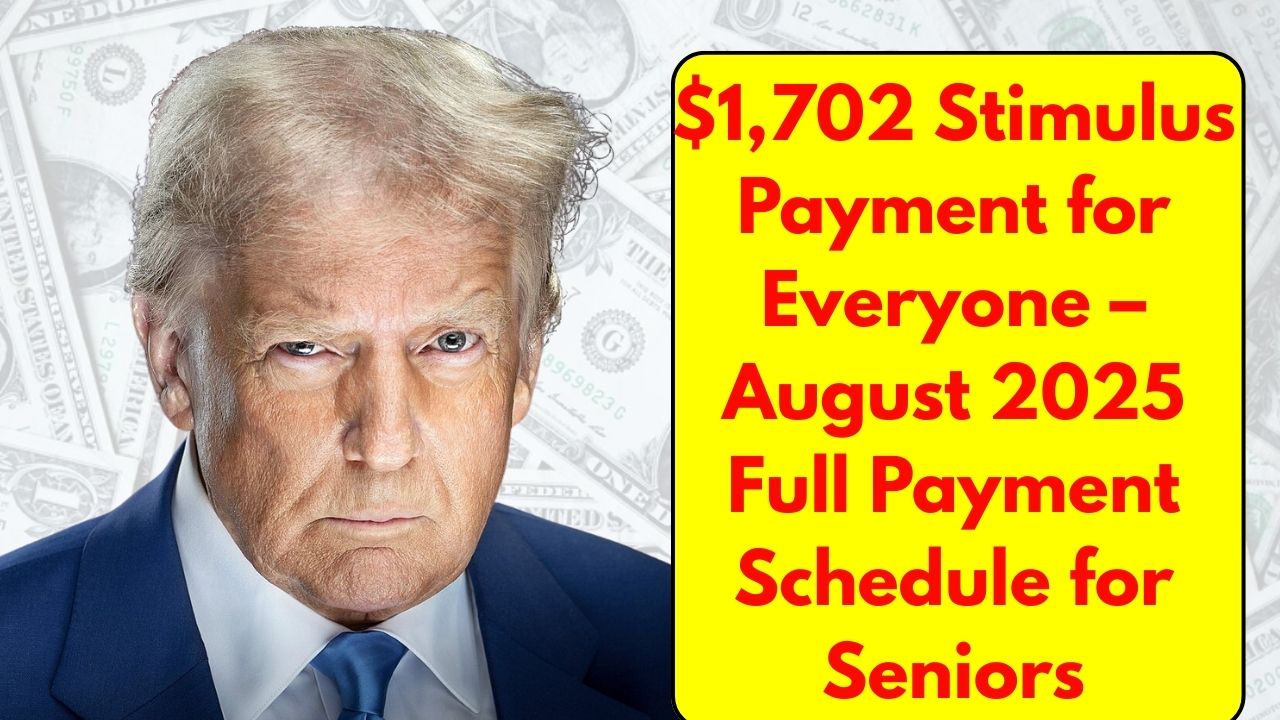

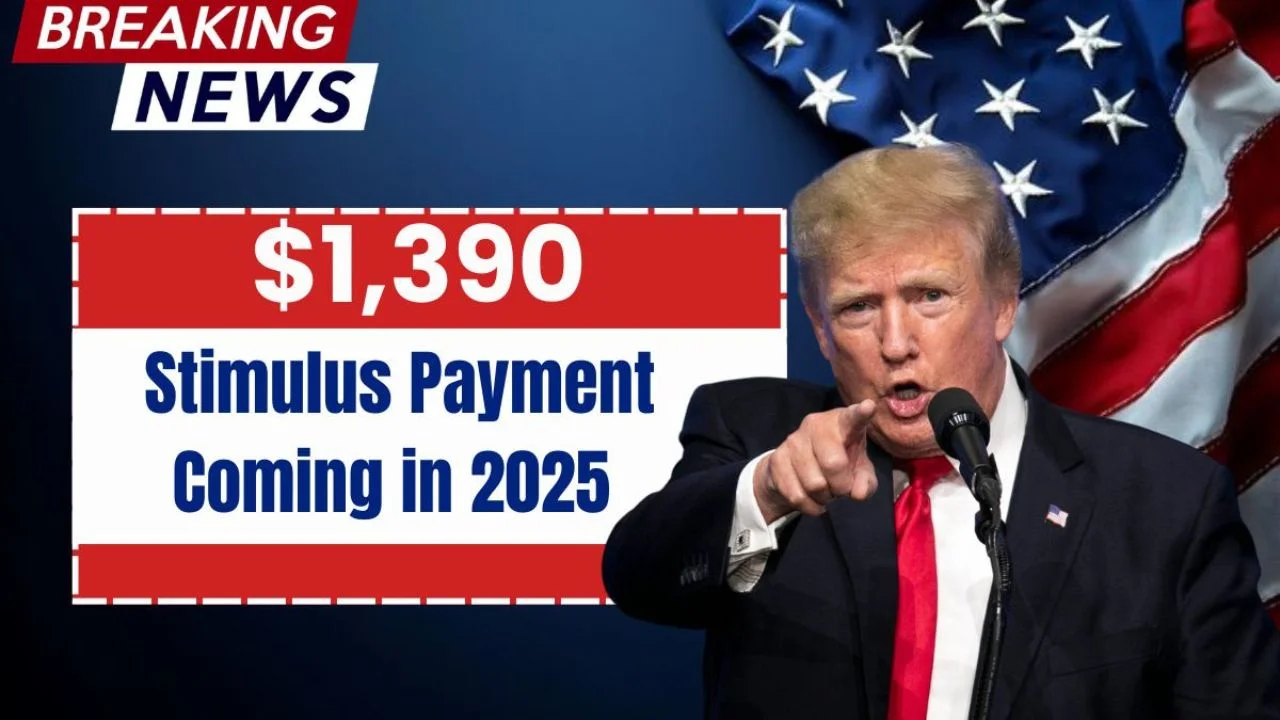
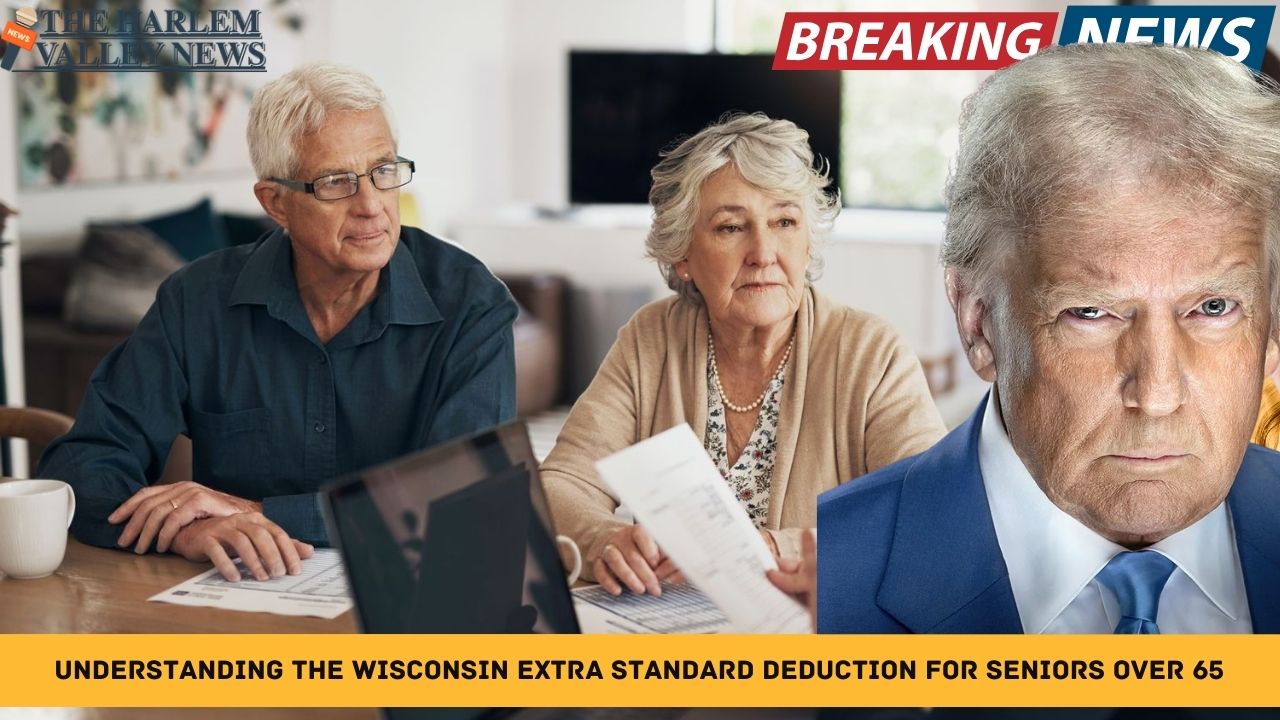

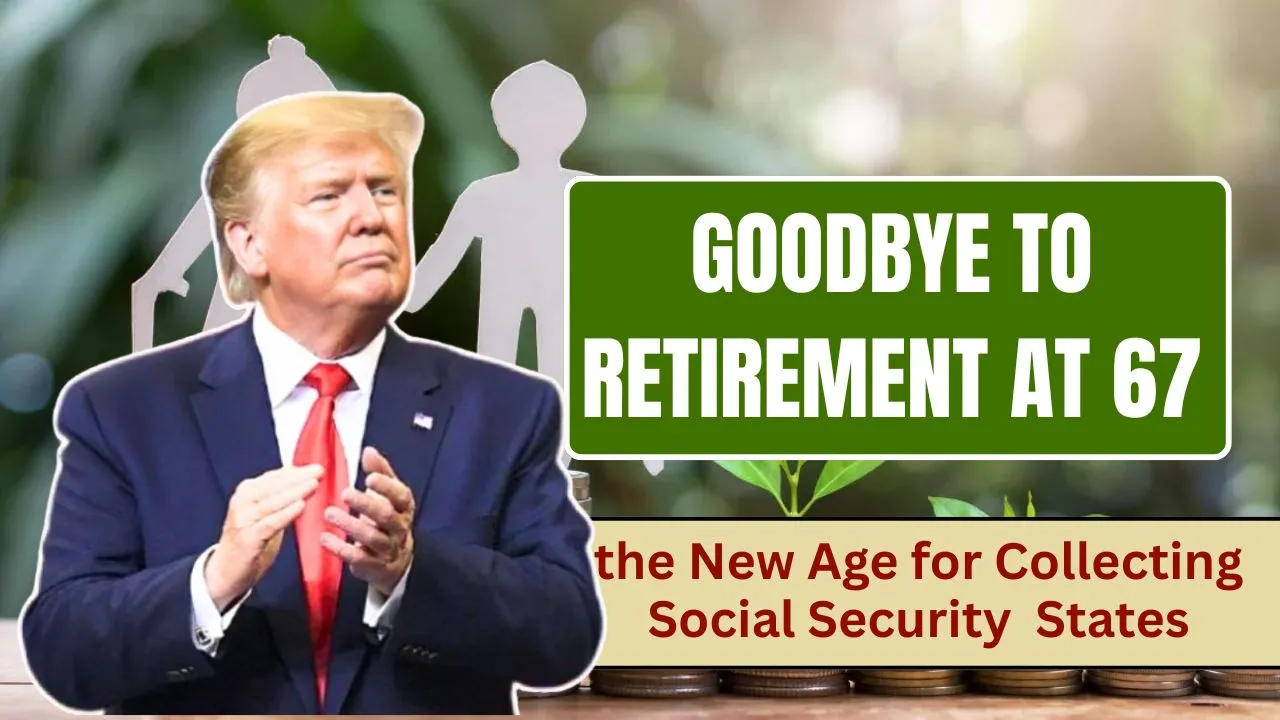



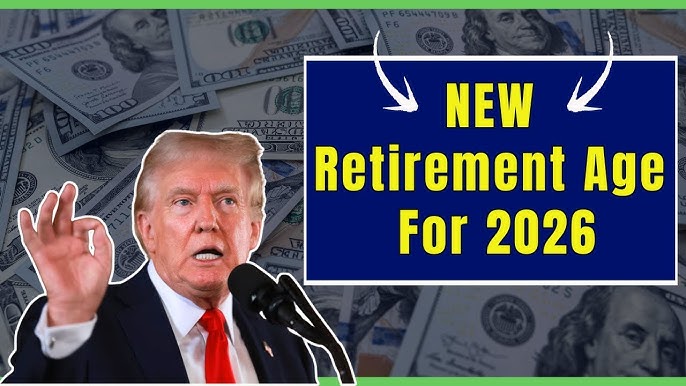




Leave a Reply